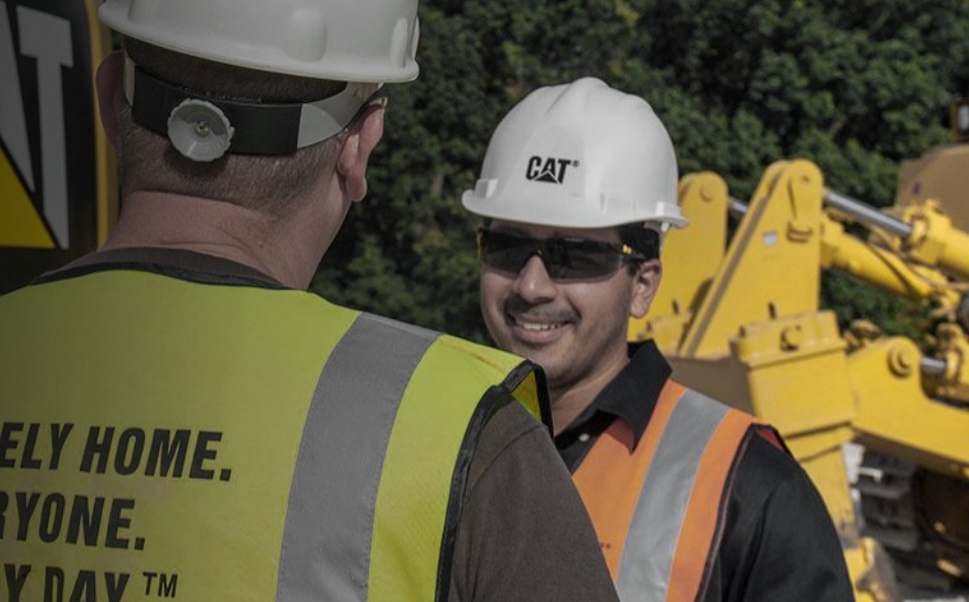Caterpillar Safety Services, which is marking its 50th anniversary, has launched new programs to help groups to build what it is calling a “resilient safety culture” with a four-component system.
The company, which uses research and approaches to address safety, aids companies in bringing in a strong culture where safety practices are embedded across an organization.
Among the improvements to the four-component system:
System – clearly defined safety expectations embedded in policies and procedures to identify and mitigate risk.
Mindset – a shared mindset that safety is everyone’s responsibility, people make mistakes and an environment of openness that makes people feel safe to speak up.
Leadership – specific, consistent leadership behaviors at all levels of the organization that positively influence people toward safe work.
Ownership – occurs when all levels fully engage in the creation and continuous improvement of the safety system.
Caterpillar Safety Services also recently launched two updates to its programs: an updated Safety Perception Survey and a program focused on human and organizational performance.
Safety Perception Survey
The Caterpillar Safety Services Safety Perception Survey analyzes an organization’s safety culture. Building on 35 years of research and study, the new Safety Perception Survey updates language and modern concepts of safety culture excellence, adding questions related to psychological safety and human and organizational performance.
The new survey’s reports are streamlined with more modern visualization of the data. They measure five safety activities – hazard identification, event learning, inspections, near miss and safety meetings – and address 11 cultural indicators, including caring climate, employee involvement, feedback, management credibility, training effectiveness and risk reduction. Importantly, they also show how safety is perceived differently among employees, supervisors and managers.
Human and organizational performance
Human and organizational performance is a framework concept for talking about safety and creating a resilient safety culture. It’s a mindset that allows organizations to build more error-tolerant systems by teaching leaders that expecting perfection from workers, processes, or procedures is not realistic.
“Traditional methods of managing safety systems center around designing policies, standard work and processes assuming work happens in a straight line,” CSS officials pointed out. “Management sets the expectations, tells workers what to do and the workers do it the same way, every day.
“This method, however, does not account for organizational factors that can disrupt the system, such as employees not having the right tools for the job and adapting or making tradeoffs because they are still required to meet production targets. Nor does it account for the individual factors that impact a worker’s awareness, or lapses in attention due to events in his or her personal life, such as a family emergency.”
CSS noted that, when workers deviate from the safety plan or make mistakes under the traditional model, they may be scrutinized or punished to attempt to improve safety, but this can have the opposite effect and lead to a weaker safety culture.
Using human and organizational performance principles, Caterpillar Safety Services applies a new understanding of human behavior to safety. Leaders create an environment where employees feel empowered to speak up to share their ideas, struggles and mistakes. The organization learns to improve its safety system continuously. Through recognition of workers’ positive contributions, they want to be more involved, resulting in a more engaged and proactive safety culture with improvements in morale, retention, efficiency and profitability.
Caterpillar Safety Services assists organizations with implementation of human and organizational performance principles through its Leadership Development and Coaching program. Tailored to the specific needs and objectives of the individual leaders, the program includes a mix of workshops, assessments and individual face-to-face sessions. It helps each leader understand their strengths and areas for development in safety management, demonstrates how a leader impacts the safety culture, and creates personalized development plans for all leaders that align with organizational goals and processes.
Source: cat.com

